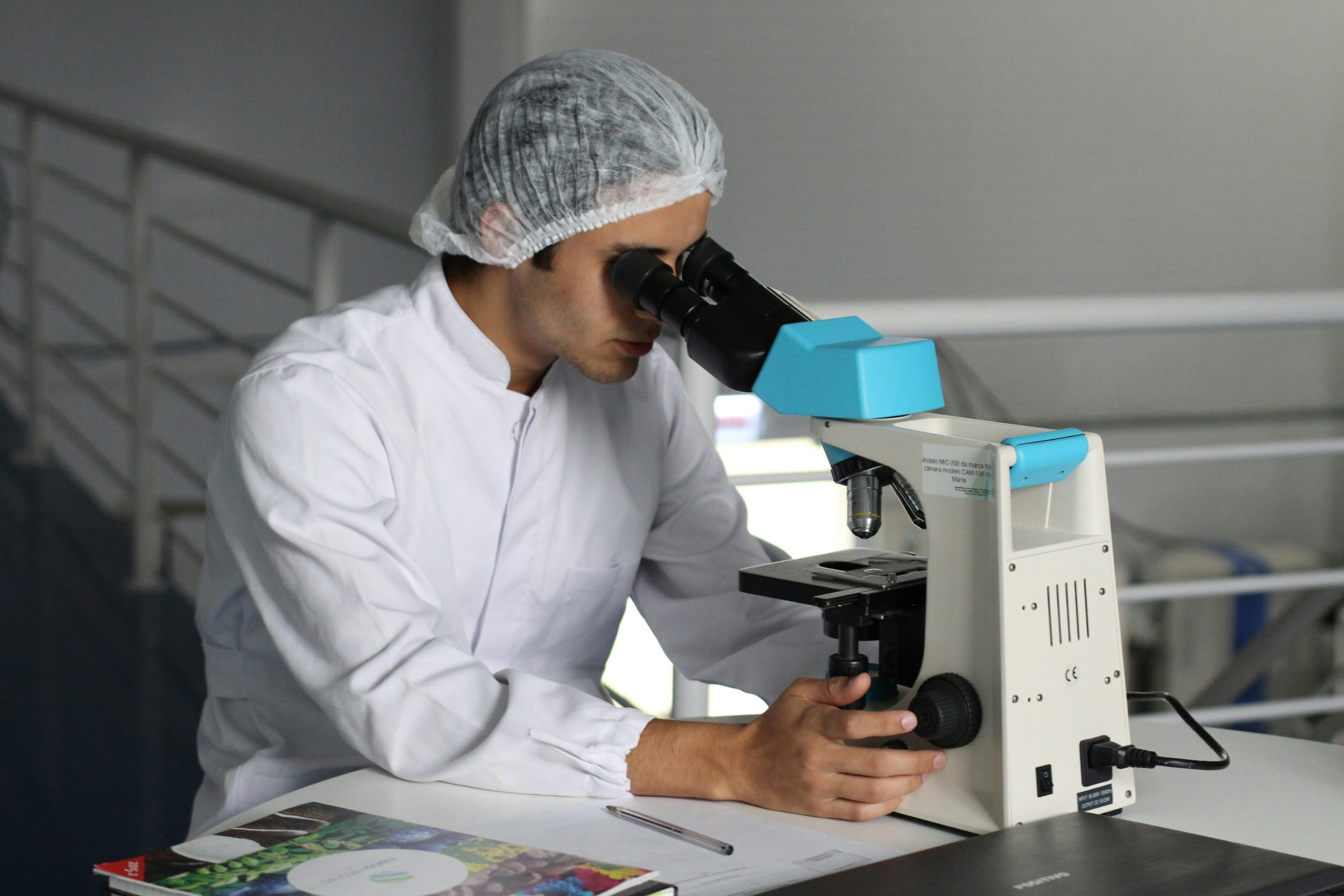Key Factors for Medical School Applications Success
Introduction: The Competitive World of Medical School Admissions
The journey to medical school is both thrilling and daunting. With a limited number of spots available, the competition is fierce. Each year, thousands of hopefuls put their hearts and souls into their applications, striving for a chance to don that white coat. But what truly sets apart successful candidates from those who fall short? Understanding the key factors in crafting an impressive medical school application can make all the difference. From academic achievements to personal narratives, every piece matters when it comes to standing out in this highly competitive world. Let’s explore these crucial elements together and unlock the secrets to success in your medical school admissions journey!
Academic Excellence: GPA and MCAT Scores
When it comes to medical school applications, academic excellence is often the first thing admissions committees notice. Your GPA and MCAT scores serve as objective measures of your intellectual capability.
A strong GPA reflects not only your mastery of coursework but also your dedication and resilience throughout Medical School your undergraduate years. It’s essential to maintain a competitive average, particularly in science courses that are foundational for medical training.
The MCAT is another critical element. This standardized test assesses knowledge in various subjects, including biology, chemistry, physics, and psychology. A high score can significantly elevate your application.
However, keep in mind that while these numbers matter greatly, they aren’t the sole indicators of potential success in medicine. Balance academics with other experiences that highlight who you are beyond just grades and scores.
Extracurricular Activities: The Importance of Well-Roundedness
Extracurricular activities play a crucial role in medical school applications. They showcase your interests beyond academics, illustrating your commitment to personal growth.
Engaging in volunteer work can reflect a strong sense of empathy. This quality is essential for any future physician. Whether at local hospitals or community health initiatives, these experiences deepen your understanding of patient care.
Participation in clubs or sports demonstrates teamwork and leadership skills. These attributes are vital as medicine often requires collaboration with diverse teams.
Moreover, unique hobbies can make you memorable to admissions committees. Whether it’s playing an instrument or engaging in outdoor adventures, they reveal aspects of your personality that numbers alone cannot convey.
Well-rounded applicants shine brighter amid fierce competition. Diversifying your experiences not only enriches you but also enhances your application’s appeal.
Research Experience: Standing Out in the Applicant Pool
Research experience is a vital component of any medical school application. It demonstrates your commitment to the field and showcases your analytical skills. Engaging in research sets you apart from other candidates.
Participating in projects allows you to dive deep into complex problems, developing critical thinking along the way. Whether it’s clinical trials or laboratory experiments, hands-on experience adds depth to your profile.
Moreover, working alongside experienced researchers can lead to valuable mentorship opportunities. These relationships may guide you through both academic and professional challenges.
Don’t forget about publications! If you contribute to a paper or presentation, it highlights your dedication and ability to communicate findings effectively.
Research not only enriches your understanding of medicine but also enhances your chances of making a lasting impression on admissions committees.
Letters of Recommendation: Choosing the Right Recommenders

Letters of recommendation can make or break your medical school application. Choosing the right recommenders is crucial.
Select individuals who know you well and understand your journey. Ideally, they should be professionals in the medical field or academia. Their insights hold weight.
Aim for a balanced mix of recommenders. Consider professors, supervisors from work or volunteer experiences, and health care professionals you’ve shadowed. Each will offer unique perspectives on your abilities and character.
Communicate with them early about your goals and aspirations. This ensures they can tailor their letters effectively to highlight qualities specific to medicine.
Don’t hesitate to follow up politely as deadlines approach. After all, it’s important that your recommenders have ample time to craft thoughtful letters without feeling rushed.
Express gratitude once they’ve submitted their recommendations. A simple thank-you note goes a long way in maintaining positive relationships for future endeavors.
Personal Statement: Telling Your Unique Story
Your personal statement is your opportunity to shine. It’s where you can showcase who you are beyond grades and test scores. This narrative allows admissions committees to connect with you on a human level.
Start by reflecting on your journey. What experiences have shaped your desire to pursue medicine? Share moments that sparked curiosity or fueled compassion. Authenticity resonates deeply.
Use vivid storytelling techniques to engage readers. Instead of simply stating facts, paint a picture that captures your passion for healthcare. Show how challenges have molded your character and commitment.
Keep in mind the importance of clarity and focus as well. Stick to a central theme that ties together various aspects of your life and aspirations in medicine.
Don’t forget the power of revision. Fine-tune every sentence until it feels true to who you are—this is your story, after all!
Interview Preparation: Tips for Aceing the Interview
Preparing for a medical school interview can feel daunting, but it doesn’t have to be. Start by researching the specific program. Understand their mission and values. This knowledge will help you align your answers with what they seek.
Practice common questions like “Why do you want to pursue medicine?” or “Describe a challenging situation.” Think about your responses, but don’t memorize them word-for-word. You want your personality to shine through.
Mock interviews can be invaluable. Find a friend or mentor who can give constructive feedback on your delivery and body language. Confidence is key; practice until you feel comfortable.
Dress appropriately—professional attire speaks volumes about how seriously you take the opportunity. Prepare thoughtful questions for your interviewers—it shows genuine interest in their program and helps create a two-way conversation.
Conclusion

The journey to medical school can be daunting, filled with challenges and uncertainties. Yet, understanding the key factors that contribute to a successful application can make all the difference.
Academic excellence sets the foundation for your candidacy. A strong GPA coupled with impressive MCAT scores showcases your commitment and capability in handling rigorous coursework.
Your extracurricular activities reflect who you are beyond academics. They demonstrate leadership, teamwork, and a diverse range of interests that help create a well-rounded applicant profile.
Research experience is invaluable as it not only enhances your knowledge but also shows your dedication to advancing medical science. This experience separates you from others in an increasingly competitive field.
Crafting compelling letters of recommendation requires careful thought regarding whom you choose as recommenders. Their insights into your character and abilities play a crucial role in shaping admissions committees’ perceptions.
Your personal statement serves as a platform for telling your unique story—sharing what drives you toward medicine is essential for potential schools to connect with you on a human level.
Mastering interview preparation cannot be overlooked. It’s an opportunity to showcase not just what you’ve done but who you are—a chance to leave an impression long after you’ve left the room.
Focusing on these key areas will enhance your application significantly while showcasing why you’re destined for success in medical school and beyond.


